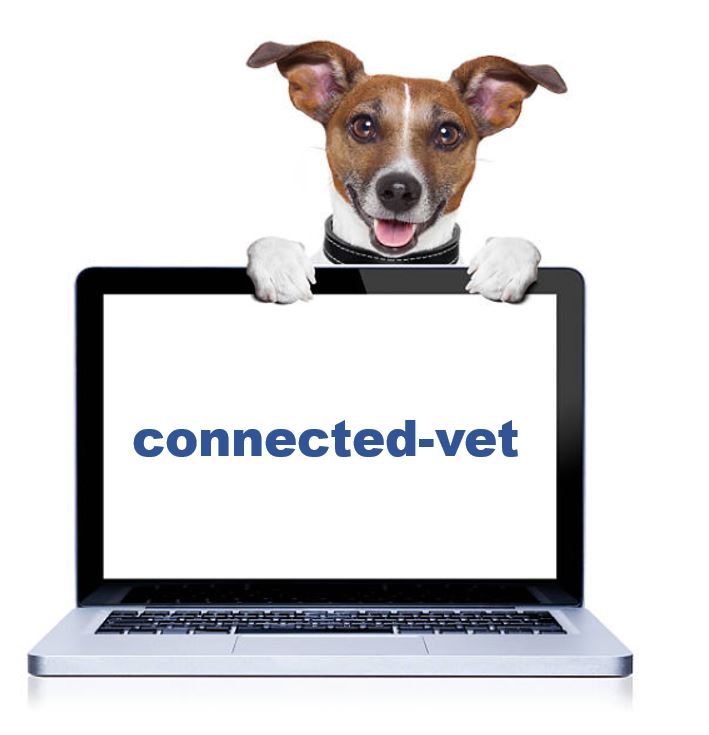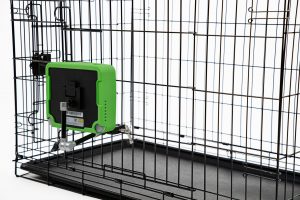Artificial intelligence (AI) has been making waves in various industries, from healthcare to finance, and now it is emerging as a new ally in the fight against animal diseases. With the rapid advancement of technology, AI has the potential to revolutionize the way we approach the prevention, diagnosis, and treatment of diseases in animals, ultimately improving their overall health and welfare.
One of the most significant challenges in managing animal diseases is the early detection and diagnosis of infections. Traditional methods of diagnosis, such as laboratory tests and clinical examinations, can be time-consuming and costly. Moreover, these methods may not always be accurate, leading to misdiagnoses and delayed treatment. AI has the potential to overcome these limitations by offering rapid, accurate, and cost-effective diagnostic solutions.
Machine learning, a subset of AI, has been particularly useful in this regard. By analyzing large amounts of data, machine learning algorithms can identify patterns and make predictions, allowing for early detection of diseases. For example, researchers have developed an AI-based system that can analyze the vocalizations of pigs to detect signs of respiratory diseases. This system can accurately identify sick pigs, enabling farmers to take appropriate action and prevent the spread of disease.
Another area where AI can make a significant impact is in the development of new vaccines and treatments for animal diseases. Traditionally, the process of developing a new vaccine or treatment can take years and involve extensive testing on animals. AI can help streamline this process by predicting the effectiveness of potential vaccines and treatments, reducing the need for animal testing and speeding up the development process.
For instance, researchers have used AI to predict the structure of proteins in the foot-and-mouth disease virus, which could lead to the development of new vaccines. Similarly, AI has been used to identify potential drug candidates for treating African swine fever, a highly contagious and deadly disease affecting pigs.
AI can also play a crucial role in monitoring and controlling the spread of animal diseases. By analyzing data from various sources, such as satellite imagery, social media, and veterinary reports, AI can help identify potential outbreaks and predict their spread. This information can be invaluable for governments and organizations working to prevent and control animal diseases, allowing them to allocate resources more effectively and implement targeted interventions.
For example, AI has been used to predict the spread of avian influenza, enabling authorities to implement targeted surveillance and control measures. In another instance, researchers have developed an AI-based system that can predict the risk of rabies outbreaks in wildlife populations, helping to inform vaccination campaigns and other control measures.
In addition to these applications, AI can also help improve animal welfare by identifying and addressing issues related to animal health and well-being. For example, AI-based systems can monitor the behavior and physiological parameters of animals, such as heart rate and body temperature, to detect signs of stress or discomfort. This information can be used to improve animal housing and management practices, ultimately enhancing the welfare of animals.
In conclusion, artificial intelligence has the potential to revolutionize the way we approach the prevention, diagnosis, and treatment of animal diseases. By offering rapid, accurate, and cost-effective solutions, AI can help improve the health and welfare of animals, reduce the economic impact of diseases on farmers and the wider economy, and ultimately contribute to a more sustainable and resilient food system. As technology continues to advance, it is essential that we harness the power of AI to protect the health of animals and ensure their well-being.
Source : https://dtgreviews.com/uncategorised/artificial-intelligence-a-new-ally-in-the-fight-against-animal-diseases/50298/






